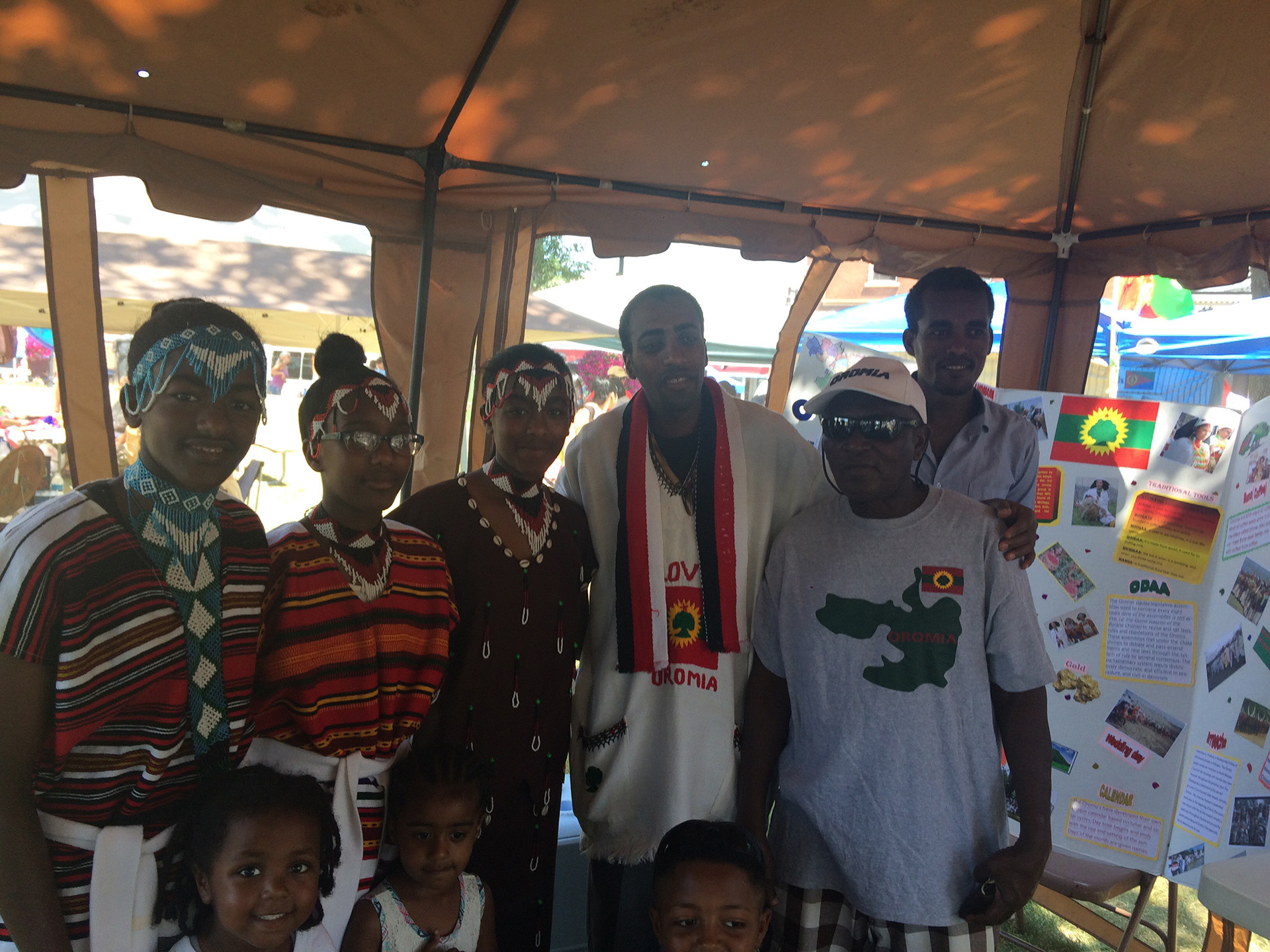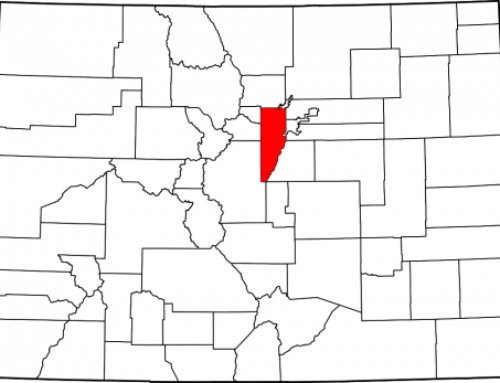Project Description
In addition to analysis of publicly available demographic and socioeconomic data; HUD-provided data; and review of state, regional, and local studies; the Minnesota Analysis of Impediments (AI) study provided opportunities for residents and stakeholders to share their experience with housing choice and access to opportunity. Resident engagement efforts focused on the experiences of members of protected classes, particularly immigrants and refugees, living in greater Minnesota’s rural regions and yielded community conversations with Anuak, Eritrean, Hispanic, Karen, Oromo, Vietnamese, and Somali residents; residents with disabilities; and focus groups with members of the Red Lake, Leech Lake, and White Earth bands of Chippewa Indians.
Stakeholders participated in a survey and in-depth interviews, including organizations providing services to, or advocacy on behalf of: African immigrants and refugees, Asian Pacific residents, residents with disabilities, Karen refugees and immigrants, low income residents, Minnesota’s tribal nations, and interviews with organizations serving residents of racially or ethnically concentrated areas of poverty in the Twin Cities.
Year: 2016
Unique aspects of this study
Our engagement process was truly “rooted in community:” Root staff met residents at the Worthington International Festival, in their restaurants and nail salons, after religious services, in the Walmart parking lot, at a day shelter for homeless teens, and in the community room at an affordable rental property.






